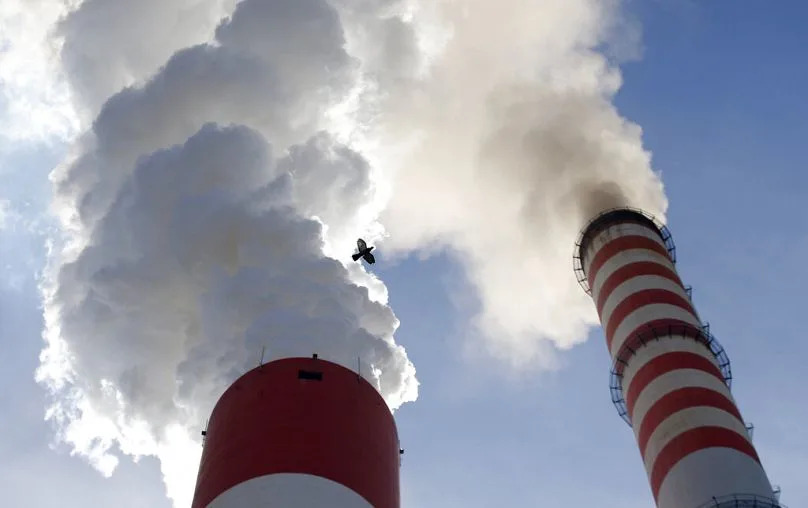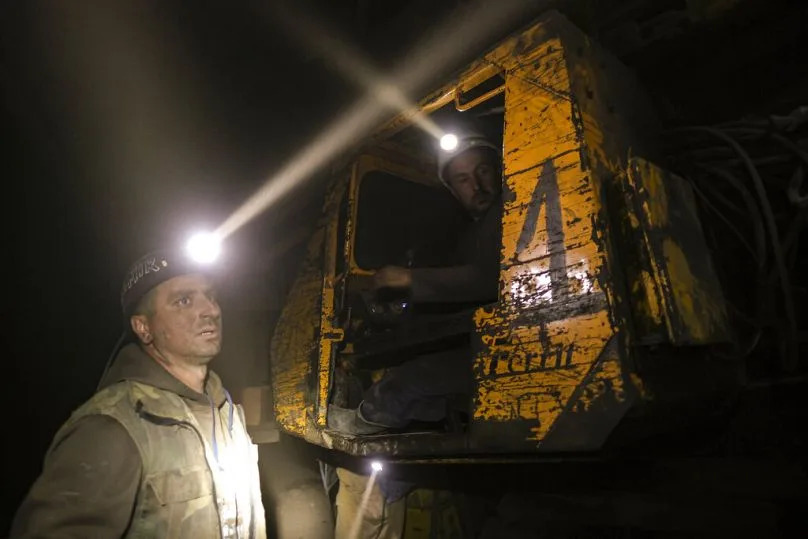The issue of coal phase-out remains a controversial topic globally, as once again underscored during COP28. Now, the topic is set to be a crucial part of the agenda at the Energy Community Ministerial Meeting on 14 December.
While there has been long-standing goodwill towards addressing this matter, actual action has been lacking. However, this time, circumstances suggest a different outcome is possible.
The reason behind this shift is the EU’s Carbon Border Adjustment Mechanism (CBAM) application to electricity in the Western Balkans, primarily designed to incentivise the reduction of CO2 emissions.
Unexpectedly, this might result in the region’s countries ceasing electricity exports to the EU — a situation that could precipitate a crisis within the sector.
Approximately two-thirds of the Western Balkans’ electricity is generated by lignite, often in plants exceeding 40 years in operation, making retrofitting economically unviable or technically challenging.
The carbon intensity of the electricity sector in this region is three times higher than that of the EU. Starting next year, a substantial number of lignite power plants — approximately two-thirds of the total capacity — will breach compliance with the EU’s Large Combustion Plant Directive, as prescribed by the European Energy Community Treaty.
The imminent closure of these plants poses a crucial question: What will replace them?
Are there any incentives for the phase-out?
The extension of the EU Emissions Trading System (ETS) to the Western Balkans could present the necessary incentives and funding for new investments, facilitating the closure of lignite plants.
The EU ETS, together with the Modernisation Fund and Article 10c, is specifically designed to address coal-related issues.
These provisions allow Central and Eastern European member states to temporarily grant free emissions allowances to the power sector to assist in its modernisation. Both mechanisms remain valid until at least 2030.
Implementing this proposal will require vision, political will, and most importantly, political courage. The path ahead will not be easy, both politically and technically.

Notably, the Modernisation Fund, supported by 2% of the total EU allowances (valued at €48 billion with a CO2 price of €75), has a significant EU solidarity component.
In dealing with the Western Balkans, conditionalities for granting free allocations would necessitate a coal phase-out. Consequently, the Modernisation Fund could transform into a “Western Balkan Coal Phase-Out Fund”.
By ministerial decision, the EU ETS would become part of the Energy Community acquis by 2026. Under strong conditions, Western Balkan countries would be eligible to grant temporary free allocations, for example, for eight years.
Continued funding is essential
The pivotal point is that power plants can retain these EU allowances regardless of their closure status. Should they cease operations, they can leverage the value of these allowances for new investment projects.
Conversely, if they choose to remain operational, they would face a situation without free allocation after the temporary period expires.
To mitigate the impact of an €80 or higher CO2 price, a gradual phase-in of the ETS obligation could be considered, similar to the initial phase-in for maritime emissions.
Continued funding from existing sources such as the EU Growth Plan for the Western Balkans, the EU Western Balkans Investment Framework, and national and international development banks will be necessary.
The crucial new elements are the anticipated coal phase-out and additional dedicated funding from free allocations utilised as collateral to expedite new investment projects.
There is no guarantee that this concept will function effectively in practice. The associated risks could be significant, but the potential rewards, particularly in terms of CO2 reductions and political stability, are substantial.

Projections indicate that the value of free allocation could amount to approximately €20bn over eight years, commencing in 2026 and culminating in phase-out by 2034. Around half of this amount would be available to support investments.
The total new generation capacity required in the region will be approximately 5 GWe, equivalent to about one-fifth of Belgium’s total capacity or less than 1% of the EU’s total generation capacity.
Furthermore, over one-third of the Western Balkans’ power supply comes from existing hydro sources, representing a low-carbon and fully dispatchable source. Integrating another 20% solar capacity, the remainder could be supplemented by geothermal, wind, biomass, and, notably, the efficiency gains of new technologies, increased load factors, and enhanced end-use efficiency over time.
The radical way is the only credible way
This proposal is somewhat radical. Yet, no other credible plan exists.
Implementing this proposal will require vision, political will, and most importantly, political courage. The path ahead will not be easy, both politically and technically.
Moreover, there is no guarantee that this concept will function effectively in practice. The associated risks could be significant, but the potential rewards, particularly in terms of CO2 reductions and political stability, are substantial.
Yet, this initiative would demonstrate the reality of their European perspective to the citizens of the Western Balkans, and to the EU, the readiness of the region to align with ambitious EU climate objectives.
Source : Yahoo News
















